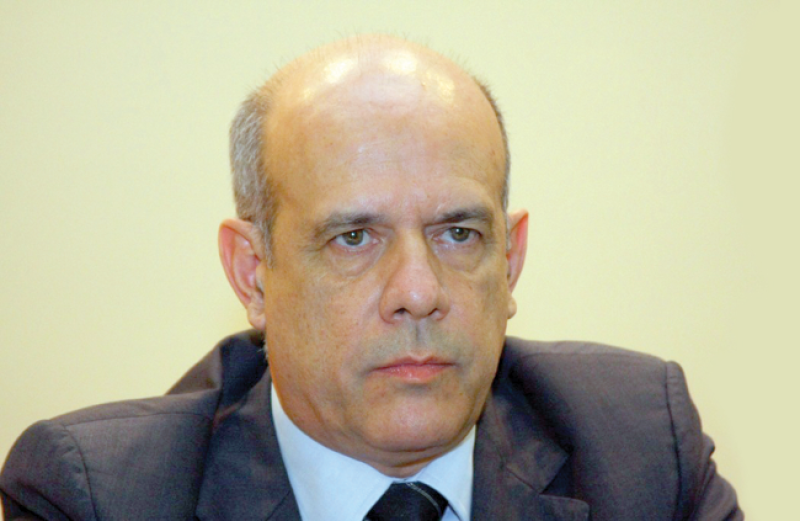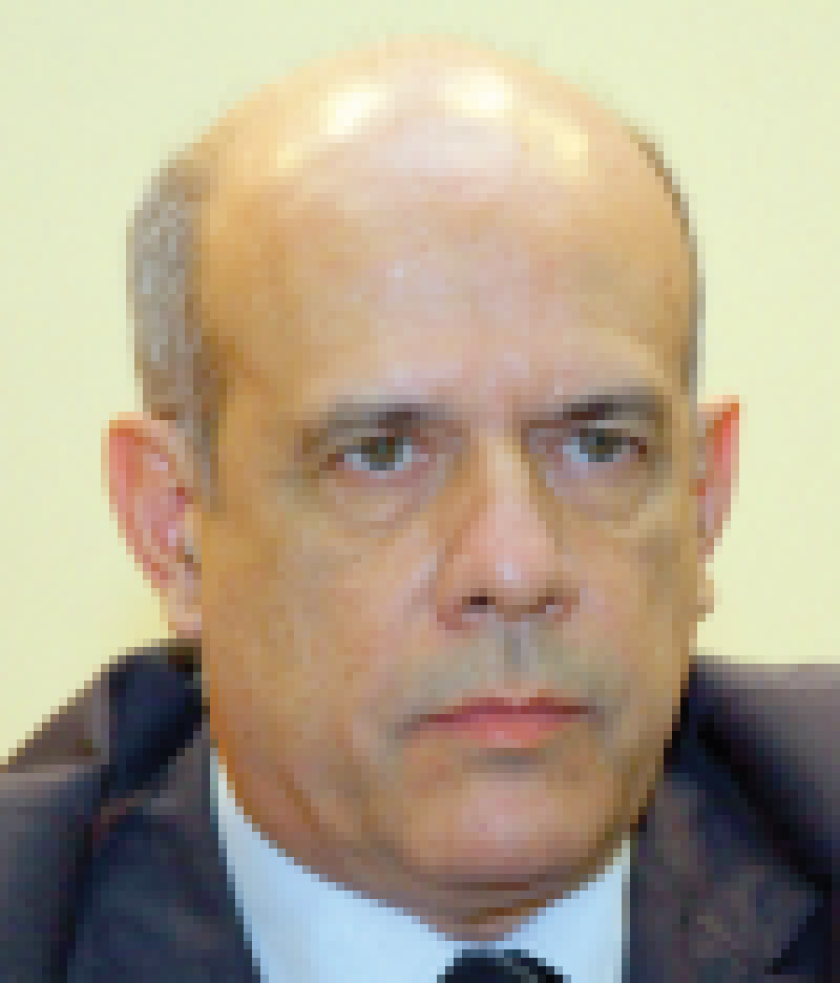
In an interview with Managing IP – with the much-appreciated help of translation services provided by Eduardo Magalhães Machado of Montaury Pimenta, Machado & Vieira de Mello – Pimentel admitted that next year is going to be a rough time. But he is taking proactive steps to make the most of what he has got.
Pimentel faces a daunting mathematical problem. Patent applicants can expect to wait at least 11 years for a decision on the granting of a patent in Brazil. The backlog has grown to 210,000 patent applications and 452,604 trade mark applications this year. Yet the number of patent examiners at the office is expected to fall from the 196 in place now, with the same true for the 96 trade mark examiners.
Reducing the backlog is a tough task in the face of increased filing in the past 15 years. In 2000, there were 21,000 patent applications filed, whereas last year there were 33,000. The figure for trade mark applications was 140,000 last year, up 45% on 2000 in the past 15 years.
A productivity problem
Pimentel is looking to increase the productivity of each examiner from the average 30 final patent decisions a month now. But he must do it through methods that don’t require financial approval from the government.
Pimentel would like to create what he calls a “Brazilian fast track” for applications. He is looking to bring in some programmes similar to those in place in countries that have had some success in reducing their backlogs. “But Germany, the United States and Japan have money!” he noted dryly in English when highlighting his tough task.
His first step will be to implement a pilot programme allowing examiners to work from home. It can take examiners two to five hours a day in commuting to INPI’s downtown Rio office, and this will free up more time for examining.
Non-examiner public servants are also available to the office. Pimentel wants to make better use of them to help organise older paper patent files. Applications in the past five years have been in digital format. But the applications from the 10 years preceding that are on paper. The non-examination staff will be used to help the cumbersome digitalisation process of the older files, which will help examiners be more efficient.
Other options are being considered but would need approval from the legal department before they can be explored further. One option could be be to use the examination done by other country’s offices to expedite applications. Another option could be to ask universities to do the prior art searches that can then be sent back to INPI.










